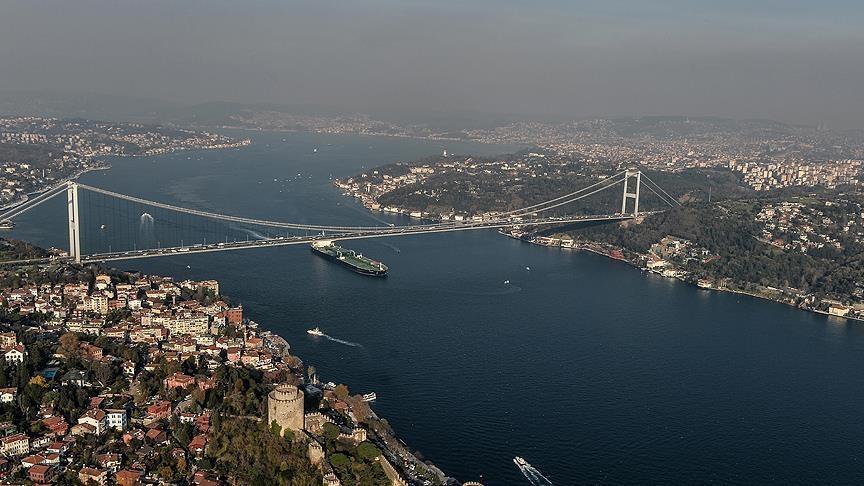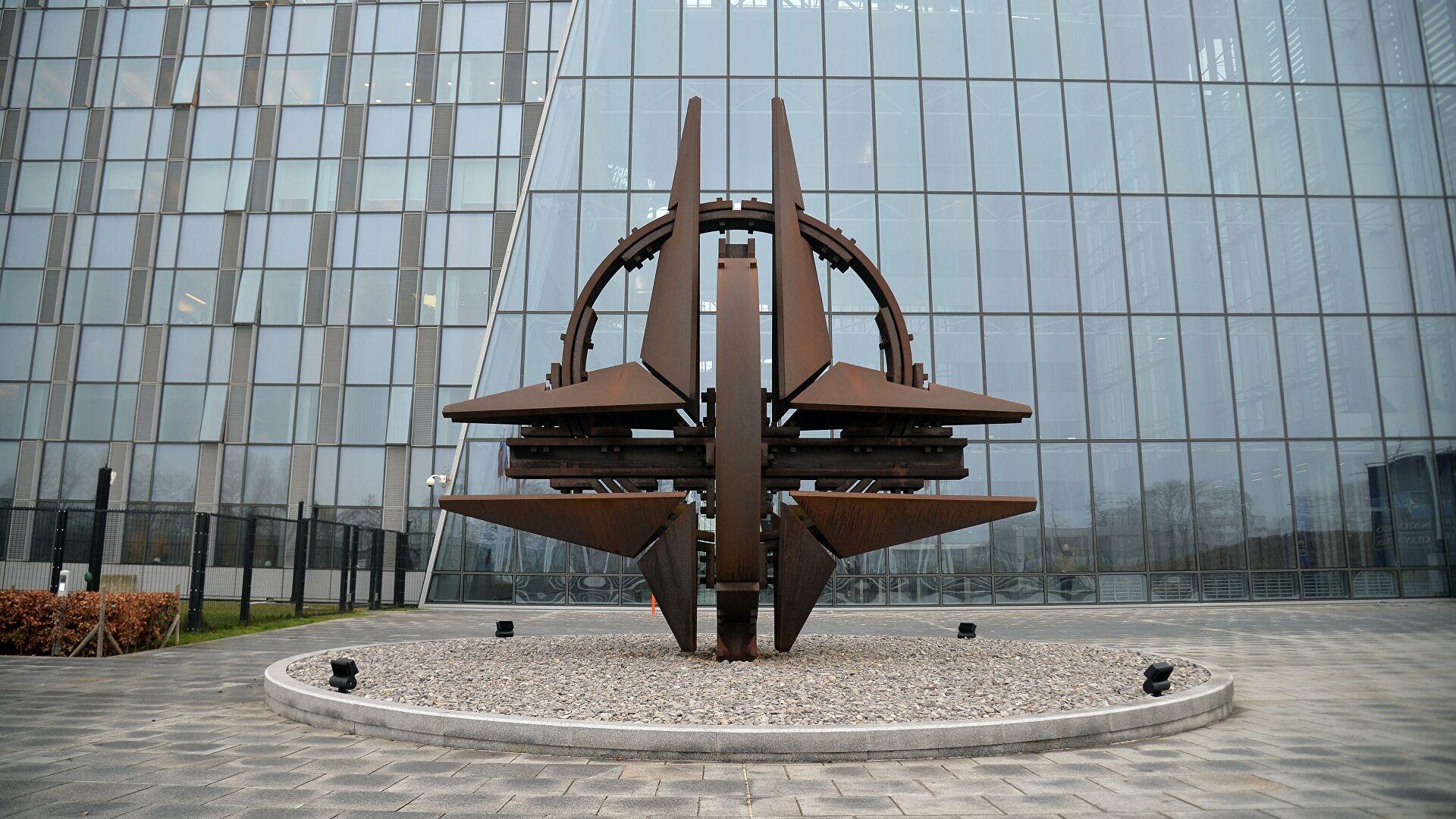"Turkiye has forced serious players to reckon with Ankara" Ruslan Safarov for Caliber.Az
Caliber.Az presents an interview with Russian expert, political scientist, and publicist Ruslan Safarov.
- How do you assess the statement by NATO Secretary-General Jens Stoltenberg that Finland and Sweden are unlikely to become candidates for joining the alliance at the upcoming summit without Turkiye's consent?
- This statement can be assessed as a statement of fact: according to the NATO Charter, the admission of new members is carried out exclusively with the consent of all members of the Alliance. Therefore, Turkiye's position at this stage of negotiations blocks the integration of these Scandinavian countries.
As for the significance of this statement, there are several pitfalls that NATO has faced in its relations with Ankara:
NATO and, above all, the United States sanctions against Turkiye (a ban on the supply of modern American fighters, sanctions for the purchase of the Russian S-400 air defence system);
Difficulties in relations with Greece: Turkiye agreed to the "return" of Athens to NATO in the 1980s, but this did not affect the improvement of relations between the two countries in any way. The recent news about the imminent deployment of American F-35s in Crete (Greece), which Washington refuses to supply to Turkiye, also added fuel to the fire;
Support in Sweden and Finland for Kurdish organisations recognized as terrorists in Turkiye also does not add to Ankara's optimism about accepting new NATO members.
In general, the accumulated tensions between Turkiye and the Western members of the alliance force Ankara to make such tough demarches: Ankara has been striving for the EU since the mid-1960s, in 2016, during the coup attempt in Turkiye, the United States tacitly supported the Gulenists, etc. All these factors force Turkiye, which is gaining military and, consequently, political strength, to speak in the tone of a tough negotiator with NATO. Please note that the first country to express doubts about the entry of new members was Croatia. After the statements from Ankara, Zagreb repeated its protests, but they are practically ignored. This speaks not only about the contradictions between Turkiye and the main forces in NATO, but also about its importance for the Alliance itself.
Turkiye has the second army in NATO and a second army in Europe. Turkiye is also important for NATO in geostrategic terms: access to the Black Sea and Eastern Mediterranean basins, to the Middle East. Regarding the last two regions: the Incirlik strategic base operates in Turkiye, which allows NATO to conduct air force operations in countries such as Iraq, Syria and hypothetically in other countries of the greater Middle East.
The political weight of Turkiye is also growing, pursuing an active independent policy both in the Middle East and in a number of other important regions of Eurasia (South Caucasus, Central Asia) and Africa. The influence of Turkiye, as both a Turkic and a Muslim country, gives NATO and, above all, the United States, the opportunity for additional penetration into these regions.
In addition, we must not forget that Turkiye, being one of the political, economic and spiritual centres of the Islamic world, has been demonstrating its own version of the development of a secular Muslim country since the time of Mustafa Kemal [Ataturk]. This model has been working for the West for many years, being pro-European. However, it should be understood that any cooperation is a two-way road and the EU's lack of desire to integrate Turkiye forces the latter to change its orientation and pursue a more independent policy.
In the future, the importance of Turkiye for the United States (and hence NATO) should increase. This will happen if the concept proposed by Zbigniew Brzezinski at the end of the 20th century about betting on neo-Ottomanism, the core of which will be Turkiye, wins in Washington. I think that the Turkish establishment is not against such a geopolitical breakthrough. The only question is whether they are ready to do it in the strict wake of American politics.

- And how do you assess the importance of the Turkish factor for the Russian Federation?
- Perhaps since the days of the struggle of the Turkish Republic for independence, when Soviet Russia took the side of the Military National Assembly of Turkiye (VNST) and Mustafa Kemal, having provided him with the most serious military-technical and financial-economic assistance, relations between Moscow and Ankara did not know such a rise as in the past 10-15 years.
The countries are the most important foreign economic partners for each other. Russia ensures Turkiye's energy security ("Blue" and "Turkish" flows in the gas sector, the construction of a nuclear power plant in Akkuyu), guarantees the supply of hydrocarbons to Ankara, which is so important for President Erdogan's strategy "Turkiye is the valve of Europe". The country's strategic partners are also on the agricultural line: Turkiye is the main importer of Russian grain and a major supplier of fruit and vegetable products to Russia. Taking into account the growing agricultural crisis in the world, this factor is of particular importance.
Historically, countries have often clashed with each other due to contradictions in the Black Sea basin, the Balkans, and the Caucasus. Third forces skillfully pushed them together until the 20th century, solving the issue of the tranquillity of the eastern borders of Europe. Today, the rapprochement between Turkiye and Russia seriously contradicts the interests of these third countries. The desire to pit Ankara and Moscow against each other again in Syria, Libya, the South Caucasus, and Ukraine is still present. However, there is an understanding that the ruling classes of Russia and Turkiye no longer fall for this bait. Yes, there are opponents of this strategic partnership in both countries, but, as they say, the caravan is coming.
Speaking about Ankara's foreign policy in general, I will note its increasing subjectivity and sovereignty. Turkiye, as I have already said, has national interests in various corners of Eurasia and Africa, and draws its "red lines" there, forcing big geopolitical players from the West, East and North to reckon with it. This makes Turkiye an important energy and geopolitical hub of Eurasia.
There is a downside to this policy: a foreign policy with many vectors is an extremely expensive business. Today, this is reflected in the financial situation of the country: inflation, which by late 2022 may amount to more than 50 per cent, depreciation of the lira, and more than $ 110 billion of debt to be repaid in the short term (with melting gold and foreign exchange reserves) create serious threats to the economic and political stability of the country, which, in a negative scenario, can play against the sovereignty of Ankara's foreign policy. I think the Turkish authorities are primarily concerned about this issue now.

- Should we expect a revision of the strategic concept of NATO at the upcoming summit of this military bloc in Madrid?
- Today this process is already underway: NATO is actually abandoning the status of a defensive organisation. Her interests are beginning to extend far beyond the North Atlantic. In addition to the confrontation with Russia, NATO is now preparing for a confrontation with China. The United States, which is the core of the Alliance, is paying increasing attention to the formation of new coalitions in the Indo-Pacific region and the cementing of existing coalitions with a clear anti-Chinese orientation (AUKUS, QUAD, etc.).
In general, this process is built into the logic of a large geopolitical game, where classical tellurocracies (land powers), such as Russia and China, are opposed by classical thalassocracies (sea powers), such as the United States, Great Britain, Japan, Australia. NATO will gradually integrate into these alliances. The purpose of this reformatting is the economic strangulation of geopolitical opponents, and the closure of trade routes going mainly by sea.
The growing economic and military-political role of China and Russia is unacceptable for the United States, which in this situation may begin to lose its leadership. Deterrence and opposition to new centres of power is a new strategic task of NATO, which should form the basis of the new concept of the bloc.
- I would like to know your opinion about the TEKNOFEST festival taking place in Baku from a military-political point of view.
- The holding of this festival in Azerbaijan (for the first time outside Turkiye) speaks about the depth of military-political cooperation between Ankara and Baku. Azerbaijan's policy is a long-term strategy with fairly clear and verified steps in the search for a balance of power in the South Caucasus region, building a strategic partnership with regional centres of power, and building bridges between them through Azerbaijan. This strategy, in the opinion of most researchers in the region, is optimal during the period of tectonic changes in the world. And the alliance, including with Turkiye, is one of the most important facets of this strategy of official Baku.
The festival presents developments in strategic knowledge-intensive areas of the Turkish economy: aerospace, transport, and aviation. This is an opportunity for Turkiye to once again demonstrate its achievements in breakthrough technologies, both in Azerbaijan and abroad. These areas, including the Turkish military-industrial complex, are among the most important for Ankara today, as their share in the economy and exports is growing. In addition, cooperation between countries in the military field always speaks precisely about alliance - the highest form of mutual relations between countries. Therefore, the holding of TEKNOFEST by Turkiye in Baku once again speaks about this stage in the relations between Turkiye and Azerbaijan. The demonstration of this friendship is timely since the settlement process in Azerbaijan's Karabakh region is coming to its logical conclusion and such signals may force the second of the contracting parties to accept the seriousness of the status quo that has come to the region in the second half of 2020.








